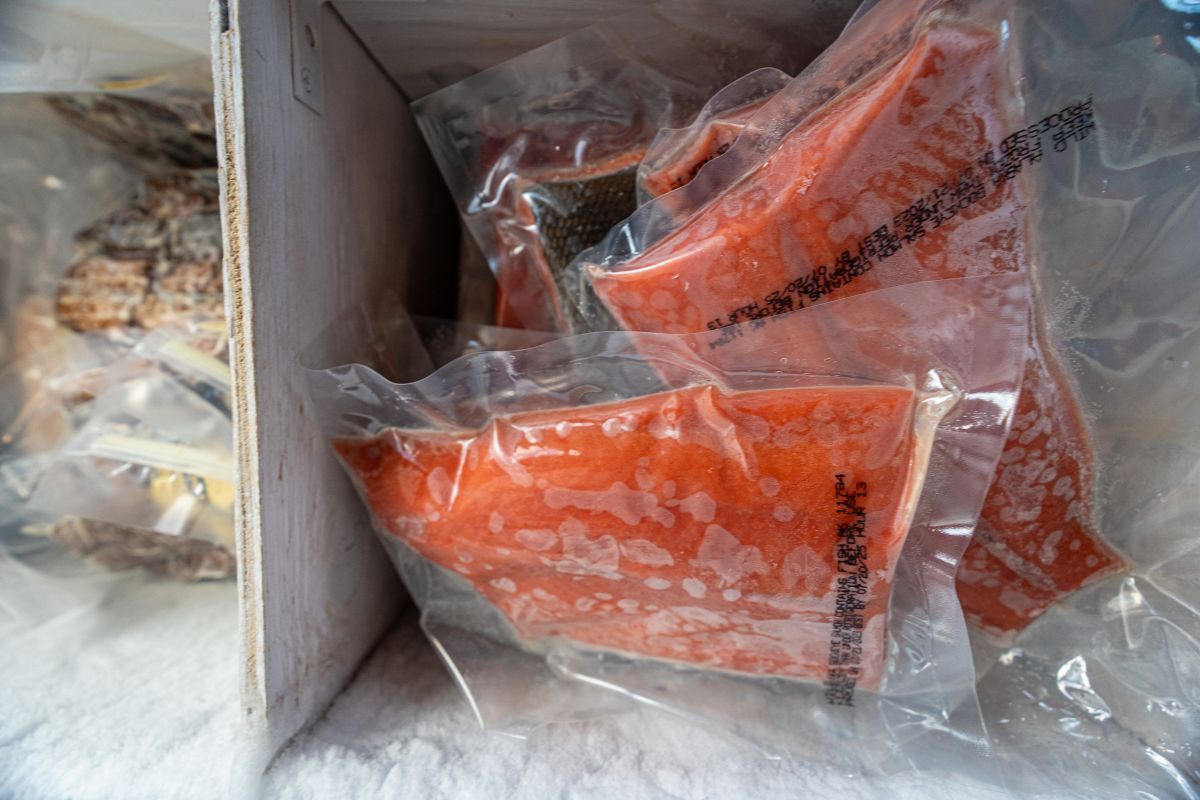Max Peeler and Peeler's Seafood Brings the Freshest Alaskan Seafood to Even the Smallest Montana Communities
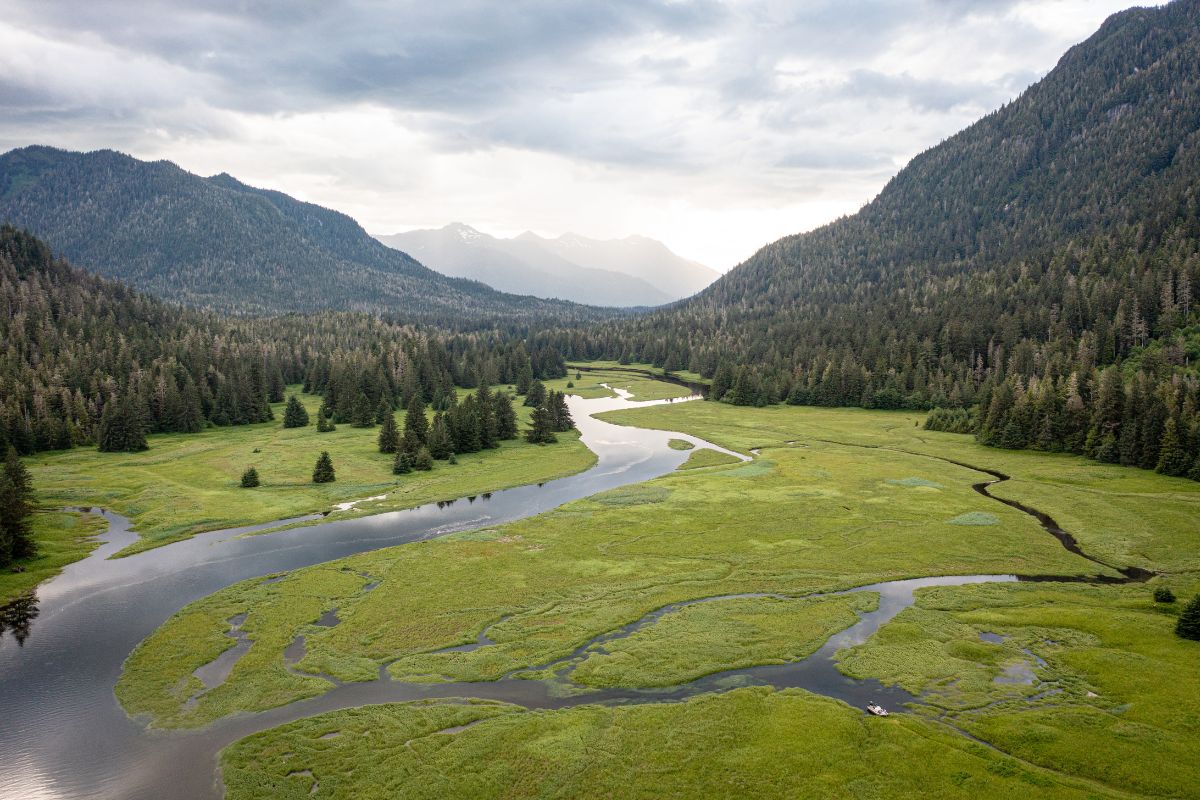
There's a little town, way up north in Alaska, called Petersburg. Settled first by the Tlingit and, later, by immigrants of Scandinavian persuasion, the tiny community, ringed by lushly wooded mountains, has a population of 3,874. It could be Montana, maybe somewhere near Flathead - green, verdant, and beautiful - except for the sound of water lapping at the hulls of boats and the smell of salt in the air. Fishing keeps the lights on for the people of Petersburg.
If you look around at these working men and women, you don't have to squint hard to notice their resemblance to Montana's farmers and ranchers. They're hard-working folks, and they're proud of it. They've got a tough job, feeding people like you and me.
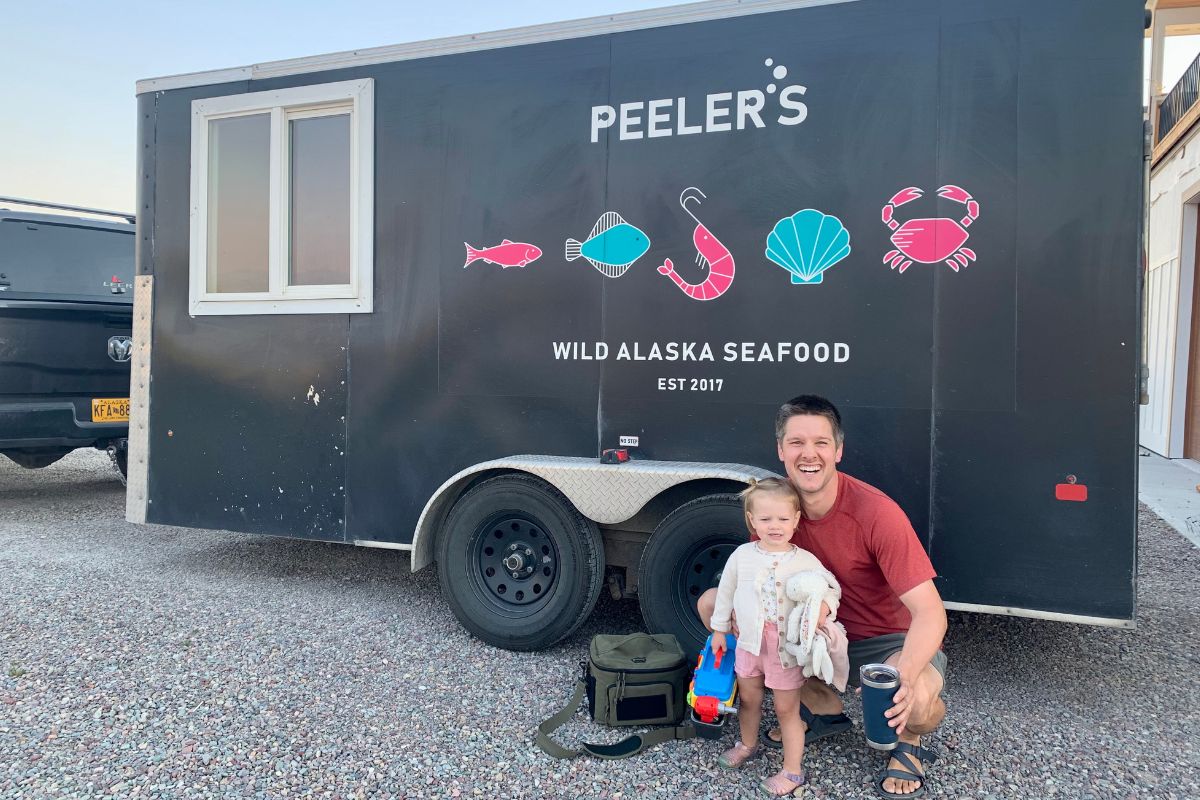
Max Peeler, owner of Peeler's Wild Alaska Seafood is one of them, and so was his father. When he looked at taking over his father's business, the path was clear: catch seafood, sell seafood to monolithic companies at an unfavorable discount, and try to get by. It's dangerous work, and the margins are razor-thin. Like the rancher forced to sell to Tyson or Cargill, they are largely at the mercy of big corporations that are less focused on the economic health of the people who, ultimately, are the source of all the protein. Max cares about Americans who are catching American seafood to stay and be sold in America.
There has to be a better way, as the commercials used to say.
One day Max had an idea. What if the seafood were supplied directly to the consumer? And what if that consumer were in Montana, of all places? The very smallest towns in Montana?
That's crazy, everyone told him.
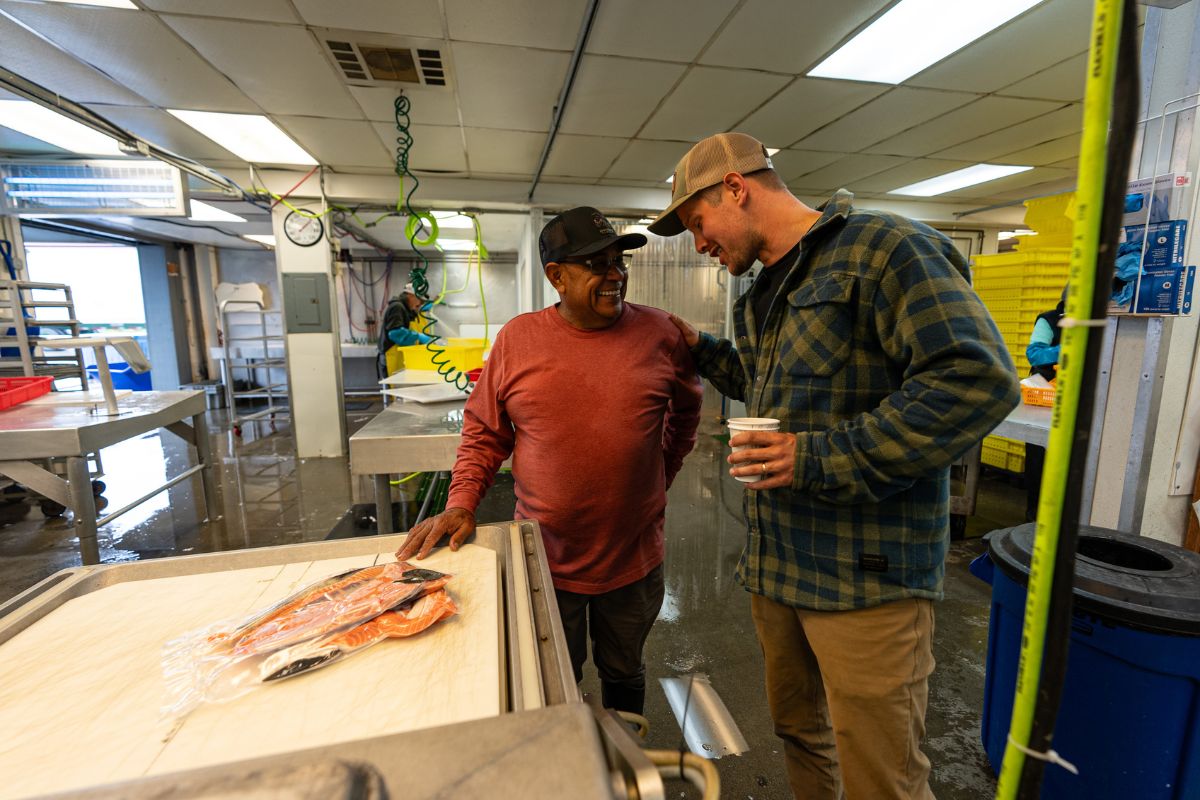
And you know what? It probably is. With all due respect to Max, who brims over with charisma and almost boyish enthusiasm for his trade, who else but a crazy person would attempt it? But in the end, as with all successful mavericks, the most surprising part isn't the idea, but that he pulled it off.
Today, Peeler's sources the finest seafood, just minutes out of the fisherman's net, freezes it almost immediately and flies it south via Alaskan Airlines to Montana. There, it's loaded onto a fleet of trucks and trailers, and then it winds its way through Montana's highways and dirt roads until, as if by miracle, folks who live thousands and thousands of miles away from the ocean buy it and enjoy it for themselves.
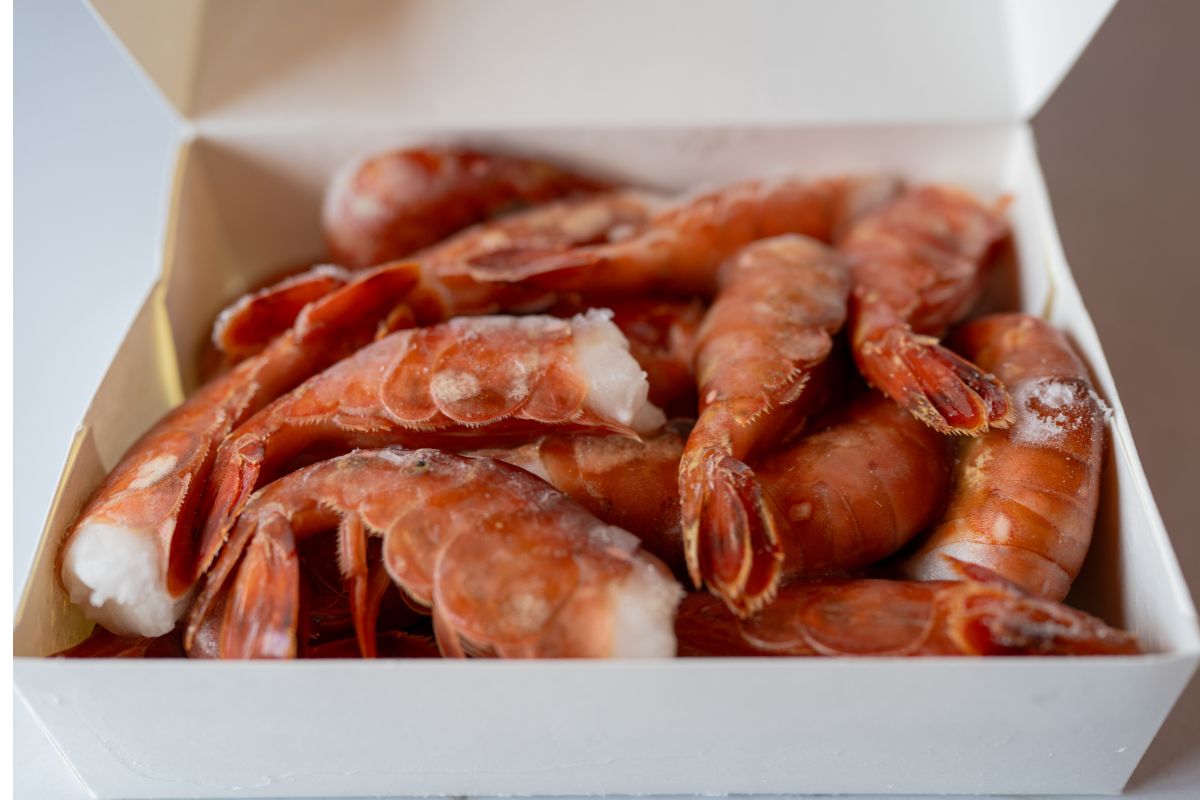
And while it has worked - in fact, some of Peeler's most successful days are the ones when they sell in Montana's smallest towns - success certainly didn't seem inevitable while Max, wearing a parka, huddled in a cold trailer, waited for customers to show up. "Inevitable" isn't the word he would have used while he and his pregnant wife were sleeping in the trailer at night.
One of his biggest challenges from the beginning has been overcoming the misconception that seafood is somehow impossible in Montana. You've probably heard it yourself, or even said it yourself: "all the seafood in Montana is frozen."
"That’s the thing, fresh seafood can only stay fresh when you freeze it," Max points out. "Unless your plan is to catch it yourself and eat it the same day."
The way Max explains it is persuasive. Yes, it's all frozen. And that's a good thing. The difference between Peeler's Seafood and the orange-dyed stuff you get at the grocery store is that Peeler's was caught, processed, and frozen within hours.
The fact that Peeler's is a small upstart allows Max and his namesake company a degree of mobility that others don't have. For instance, when he's running low on halibut, he simply calls his buddy who fishes for halibut and asks him for some. And Max is much more willing to pay that buddy fair compensation for his labor than the commercial processors are.
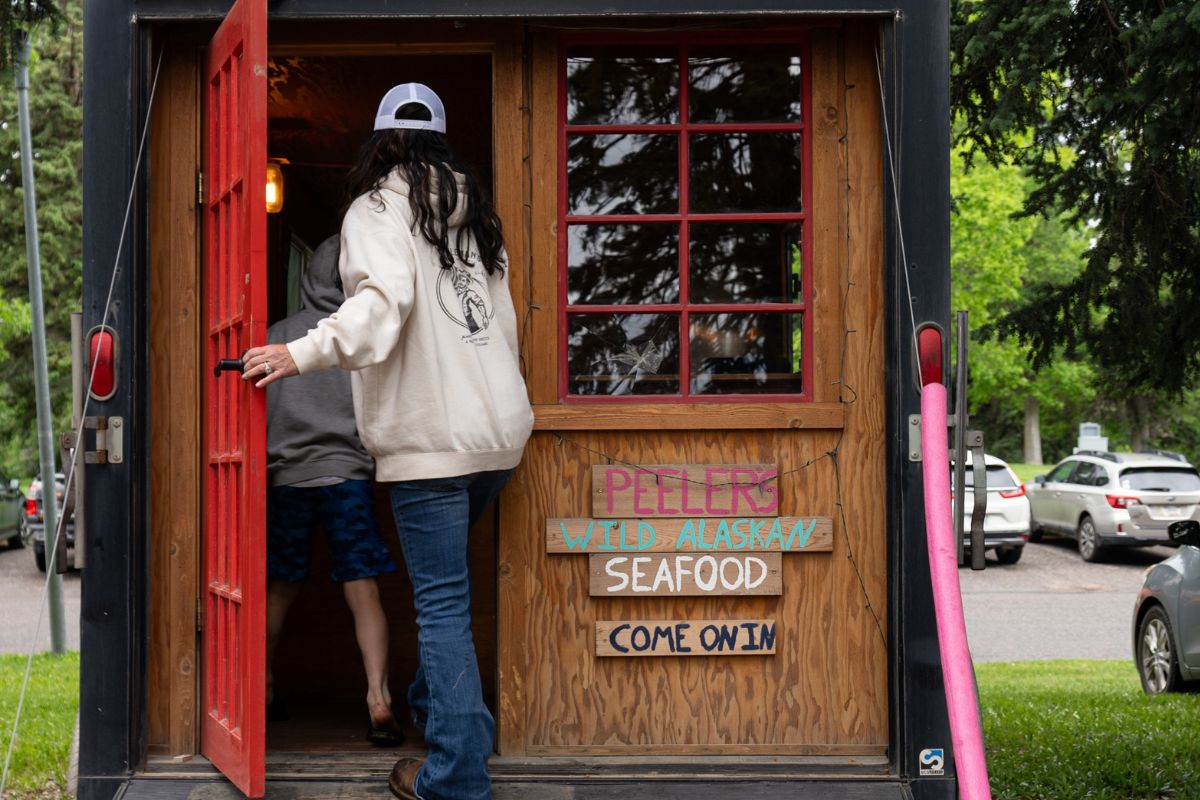
All of his employees, by the way, are old college buddies and friends. You might think that would make it harder to run a business.
Max disagrees. "Trust is a big thing for me. At the end of the day, when you actually have the choice wouldn't you rather be surrounded by buddies? I feel lucky to employ so many of my friends. After all, it's fishing. Wouldn't you rather fish with buddies?
As Max sees it, "You always hear 'support your local fisherman.' To me, that means making sure they can feed their family. If everyone could sell better, it would help all those fishers and their families... One guy asked me if I always wanted to drive carts my whole life. I said, "No, I want to help fishermen feed their families. I wish I could do the same for ranchers, and give them an alternative place to sell to. Fishermen and ranchers are always at the bottom."
Peeler's Seafood also wants to make things fair for the customer, too. Unlike most online subscription services or seafood providers, which lock the consumer in at a certain price or claim their frozen seafood is seasonal, with accompanying "seasonal" (read: prices), Max will tell you exactly what he's selling and at what price. There are a lot of companies that will lock you in on a price, charge you for halibut, and give you pollack, calling it seasonal. Not Max. He wants to ensure you are getting exactly what you’re paying for.
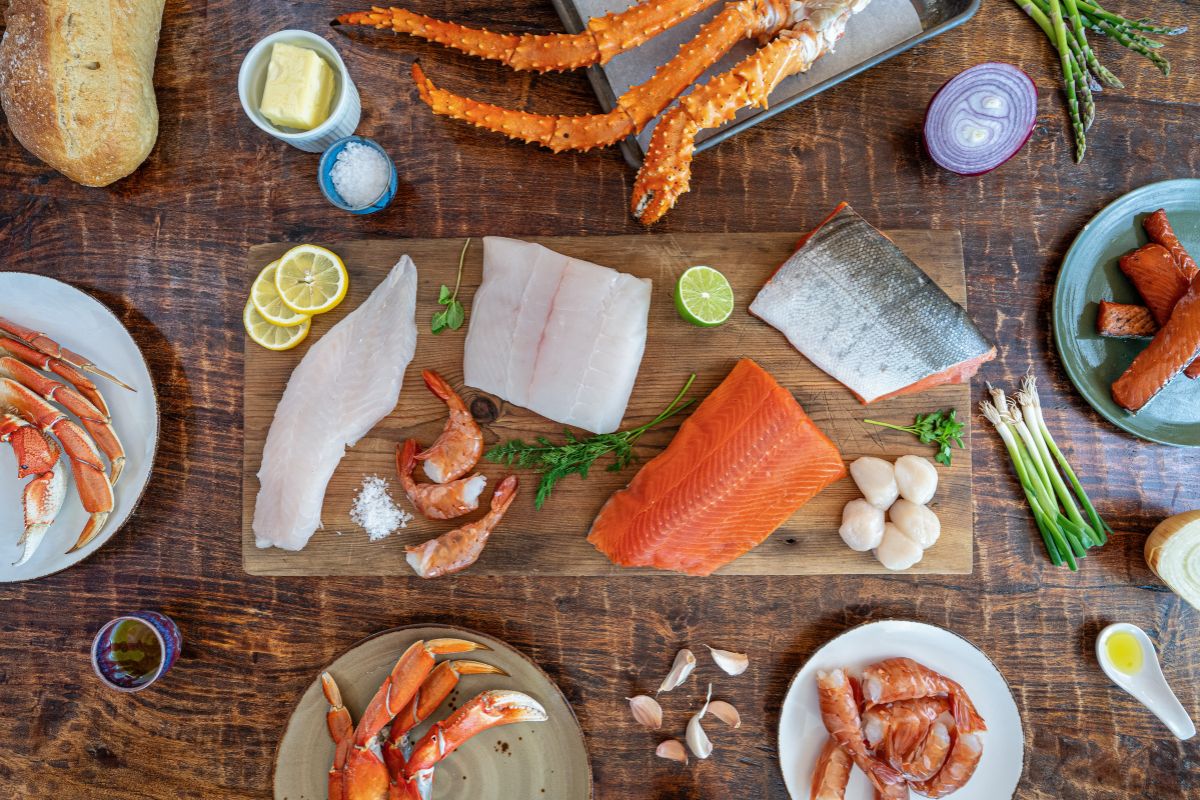
"In the beginning, I didn't know quite how to do it. My big bet was that people want clean food, good protein, and to understand what they're buying."
And he was right. He even remembers one bitterly cold day when it was -20 degrees out in Havre, and there was still a line for his trailer.
And he's achieved all that, by the way, without any marketing at all. "People eat the fish and tell their friends," Max reports, "which has resulted in a sturdier customer base."
The network of communities Peeler's Seafood visits continues to grow. Now his routes extend into Idaho and North Dakota, even as more and more of Montana's small towns are incorporated as well. From Anaconda to Augusta, Livingston to Libby, Max is bringing Peeler's just about everywhere.
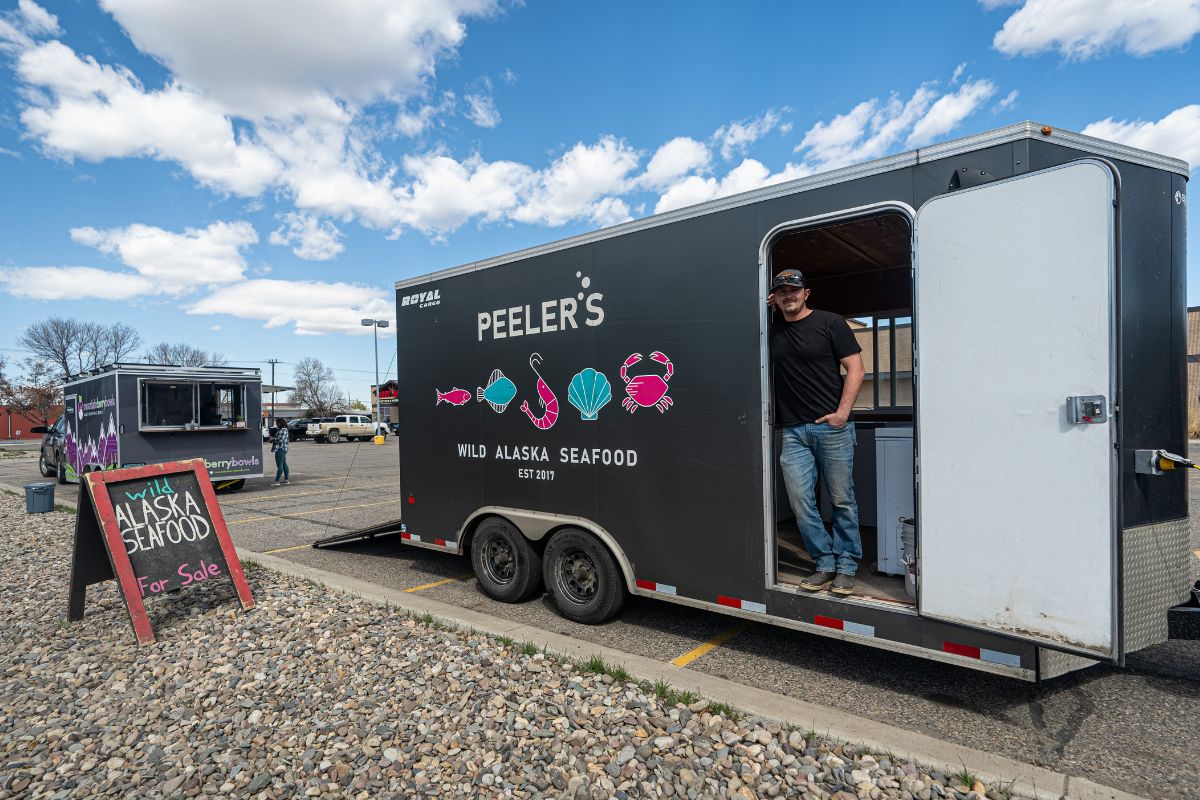
Although none of that really matters - the good story, the devotion to paying a fair price, even the extraordinary freshness - if the seafood isn't good.
Well, reader, we did the hard work for you and tested it ourselves. And let us tell you, the seafood is spectacular. It's hard to imagine that even the fishers and their families in Petersburg enjoy it any fresher. Out here we have farm to table, but this is truly net to plate.
Here is the bottom line, as stated by Max: "An old fisherman once told me you're not supposed to buy seafood more than two hours from the ocean. It is simply not true anymore. This isn't horse and buggy times. There is a direct source of high-quality seafood to people in the state of Montana."
Yes indeed, there is. And thankfully, that benefits a lot of folks: Montanans hungry for seafood, the commercial fishermen of Petersburg, Alaska, the state's small towns and communities that are otherwise in food deserts, and - best of all - your lucky taste buds.
